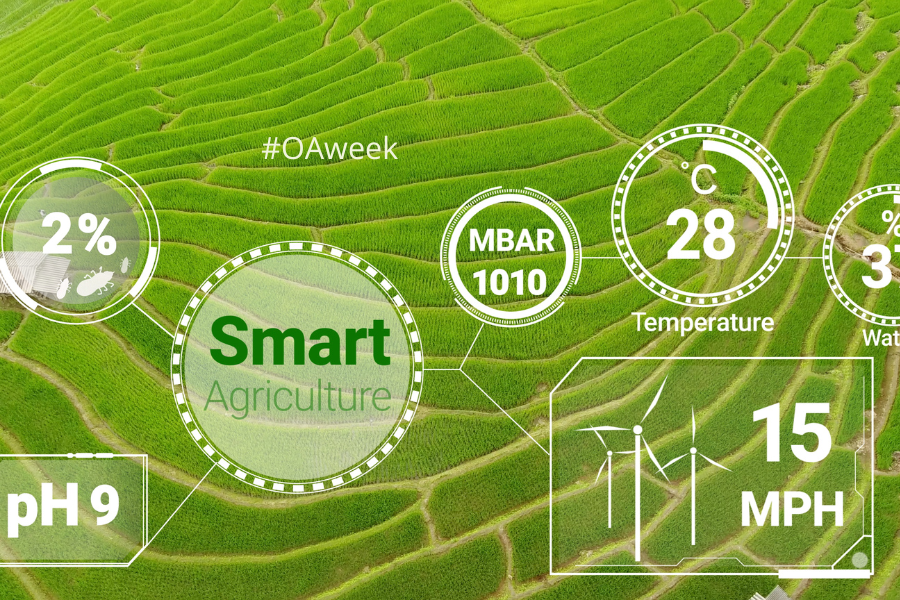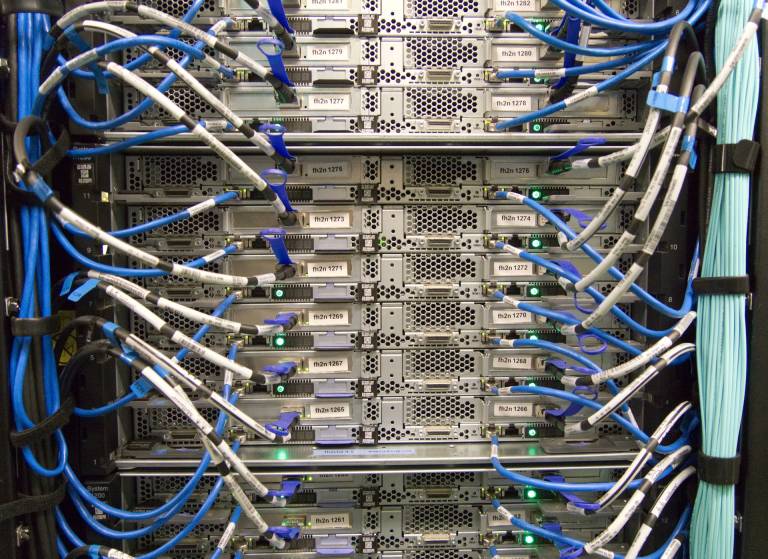In recent years, sustainable development with its goals have become key objectives of open science. In addition, sustainable development has been integrated as part of the science policy objectives of major research funders such as the Academy of Finland and the EU. Thus, research data, responsible data management and sharing also support both the open science and sustainable development goals.
What exactly is the aim of sustainable development? Sustainable development is a continuous and guided social change that takes place globally, regionally and locally, with the aim of securing good living opportunities for present and future generations. The United Nation’s 2030 Global Agenda for Sustainable Development aims to development that takes equal account of the environment, the economy and people, and eradicates extreme poverty. Research funders such as the Academy of Finland and Horizon Europe are also committed to promoting the principles of sustainable development. At the Academy of Finland, the principles of sustainable development are centrally linked to the issues of responsible and open science. The openness of science and information thus plays a key role in solving global challenges.
How, then, could research data be used to contribute to the implementation of the SDGs, sustainable development goals? The obvious solution is, of course, to open your research data in a reliable archive that supports long-term preservation, therefore enabling your data to be reused for other research purposes. From the point of view of sustainable development, this is ecological “recycling”, but also economical, time- and resource-saving, as it is possible to save time and costs spent without producing entirely new data. Open data is also available to several different sectors and is not tied purely to the needs of the academic world. In open data, the quality of the data and its responsible management play a key role, as ethically unsustainable, low-quality data is not very usable.
Towards more accessible and democratic information with open research data?
Responsibly produced and shared data that are open to all are an essential part of equal and democratic access to sources of information. The perspective on the widest possible accessibility of information is already built into the principles of open science. Equal access to open data is emphasised especially in developing countries, but when it comes to openness, the different pace of technology, for example, must be taken into account. In the highly digitalised Nordic region, it can be challenging to understand that our everyday IT solutions and platforms are not mundane solutions everywhere. In particular, open digital data moves from one information system to another, which must be taken into account when enabling global and equal use. One of the challenges is to find solutions for building and maintaining infrastructures that support open data and their utilisation in such a way as to enable equal access to the data. In addition, the goal of the democratic production and utilisation of data is not that developed countries are primarily data producers and others are their users, but the possibility to produce and open datasets should also be globally possible for everyone.
Both open science, sustainable development and the openness of research data are driven by worldwide cultural change both in academia and in society at large. The aim is to challenge modes of thinking and action towards a more sustainable and open future. Understanding the value of one’s own research data, implementing the ethical management of that data, and sharing the data responsibly are the basics in any research. By adopting and implementing these each researcher can participate in building a more sustainable and open world.
More information about data management
- Data management trainings: https://research.tuni.fi/researchdata/trainings/
- Research data management guide: https://libguides.tuni.fi/research-data-management
International Open Access Week 24-30.10.2022.



